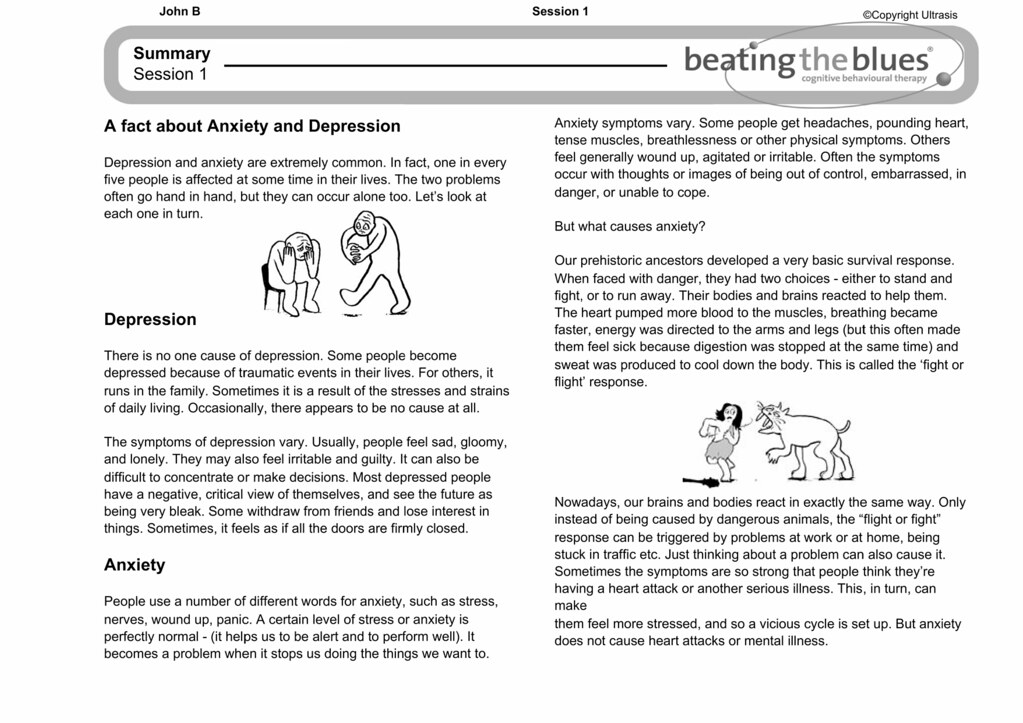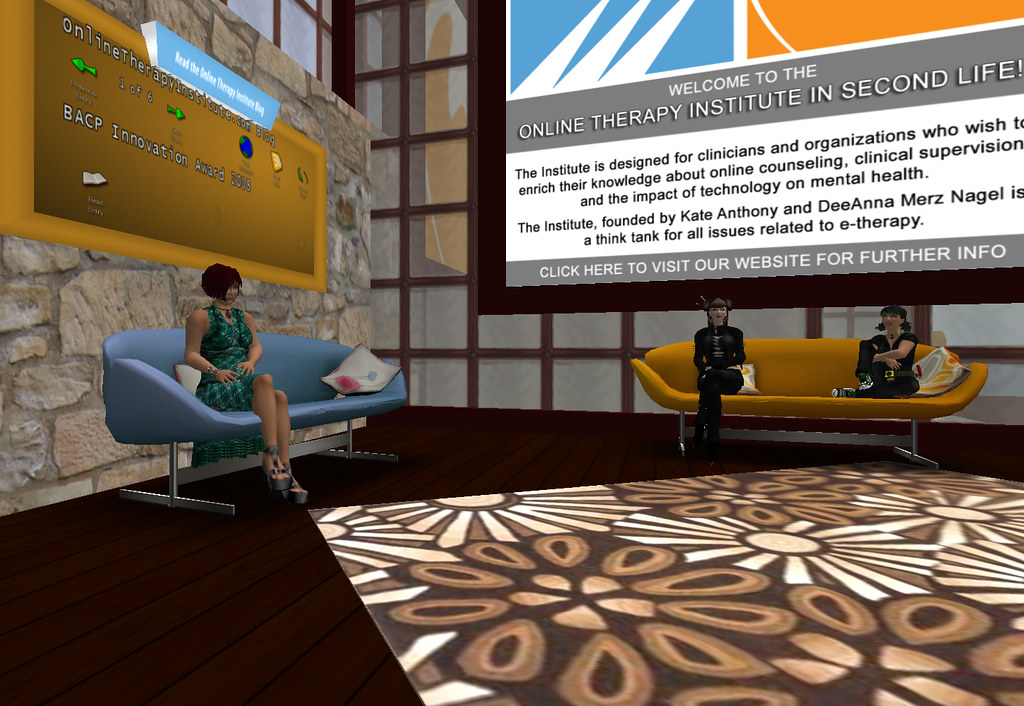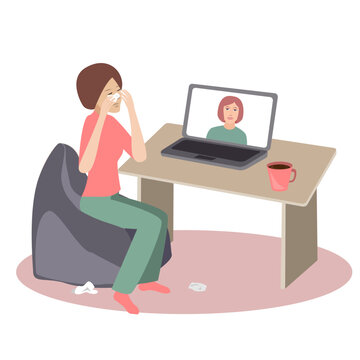Distance counselling through online therapy has become increasingly popular in today’s fast-paced world. With the advent of technology, people can now seek support from the comfort of their own homes. While this may seem like a convenient solution to many, this type of therapy has both advantages and disadvantages.
We’ll explore the pros and cons of distance counselling through online therapy so that you can decide which type of therapy is right for you. Whether you’re a seasoned pro or new to therapy, this post will provide valuable insights into maximizing the benefits of online therapy while being aware of its limitations.

What is Distance Counselling, and How Does it Work?
Distance counselling is a form of therapy that allows individuals to receive emotional support and mental health services without having to visit their therapist physically. This type of counselling is done through online therapy platforms, where clients can connect with therapists using video conferencing, phone calls, or instant messaging.
Online therapy eliminates many barriers for those who have limited mobility due to physical disabilities, transportation issues, or living in remote areas. It also provides greater convenience and flexibility for people with busy schedules who may not have the time to attend traditional appointments.
However, it’s important to note that distance counselling also has limitations. One primary concern is the possibility of technical difficulties interrupting sessions or compromising privacy and confidentiality if communication isn’t secure. Despite these challenges, more people are turning towards online therapy as an accessible alternative to face-to-face counselling in today’s digital age.

The Pros and Cons of Online Therapy: A Comprehensive Overview
Distance counselling through online therapy has become increasingly popular in recent years. While it offers several benefits, there are also some potential drawbacks. One of the main advantages is convenience, as clients can access therapy from the comfort of their own homes.
This is particularly beneficial for those living in remote areas or with limited mobility. Additionally, online therapy can be more affordable than traditional face-to-face counselling.
However, there are also some potential downsides to consider. One concern is the lack of nonverbal cues that can be important in communication. Additionally, technical issues such as poor internet connection or software glitches can disrupt sessions and lead to frustration for the client and the therapist.
Despite these challenges, many people have found online therapy to be effective and beneficial for their mental health needs. It’s essential to consider the pros and cons carefully before deciding if distance counselling suits you.

Overcoming the Challenges of Distance Counselling: Tips for Success
Distance counselling can be highly effective, but some unique challenges come with this mode of therapy. A weak internet connection, technical glitches and limited privacy can all hinder the effectiveness of online therapy.
One way to overcome these challenges is by ensuring a reliable internet connection before each session. Technical issues such as poor audio or video quality can disrupt the flow of a session and affect its overall impact.
Another challenge is maintaining privacy and confidentiality, especially when conducting remote therapy from home. Finding a quiet space where you won’t be disturbed during your session is essential, and letting family members or roommates know not to interrupt you.
Finally, it’s essential to establish clear boundaries between personal time and therapeutic sessions when working from home. Creating an environment that promotes relaxation and minimizes distractions goes a long way in ensuring success for distance counselling sessions.

The Benefits of Distance Counselling for People with Limited Mobility
Attending traditional therapy sessions can be challenging for people with limited mobility. Distance counselling through online therapy provides an accessible and convenient solution. The benefits of distance counselling for people with limited mobility cannot be overstated – it allows clients to receive the help they need without leaving their homes. This is especially helpful for those living in more rural areas or facing physical limitations.
Distance counselling also offers flexibility in scheduling, making it easier for clients to make appointments that work around their needs, whether related to transport, caregiving responsibilities or other commitments.
However, it’s essential to recognize that not all mental health issues are well-suited to online therapy. For example, severe mental health conditions such as schizophrenia may require face-to-face interaction with a therapist or psychiatrist. Before starting any treatment plan, consult with your therapist about whether online therapy is suitable for you.
Overall, though, the benefits of distance counselling far outweigh its challenges when used appropriately and under professional guidance, specialising in distance counselling services.

How to Choose the Right Online Therapist for Your Needs
When choosing an online therapist for distance counselling, it’s important to consider a few key factors. Credentials are essential in ensuring the therapist can provide the type of therapy you need. Look for licensed therapists who have experience with your specific mental health concerns. Finding someone who makes you feel comfortable and understood is essential, even through a screen.
Consider the platform used for online therapy sessions. Some may use video chat, while others use messaging or phone calls. Decide which format is best for you and ensure the platform is secure and confidential.
Cost is another consideration when selecting an online therapist. While some may charge higher fees due to their qualifications or specialized services offered, there are also affordable options available.
Overall, researching potential therapists can help ensure a successful distance counselling experience. Don’t be afraid to ask questions or schedule consultations before committing to regular appointments with a particular therapist.
Keywords: Online therapist, Distance counselling

Exploring the Effectiveness of Distance Counselling for Mental Health Issues
The Advantages and Disadvantages of Online Therapy for Mental Health
Research has shown that online therapy can be just as effective as traditional in-person therapy for treating a wide range of mental health issues. It provides convenience, accessibility, and cost savings for patients with difficulty attending appointments due to physical disabilities or other limitations.
However, the lack of face-to-face interaction and body language cues may make it more challenging to establish trust between patient and therapist. There are also concerns about confidentiality and privacy when using technology to communicate sensitive information. Overall, while online therapy offers many benefits for those seeking help with their mental health, it’s essential to weigh the advantages against the potential drawbacks before deciding on what type of counselling works best for you.
How Distance Counselling Through Online Therapy Works
Distance counselling through online therapy utilizes technology to connect clients and therapists remotely. Sessions can occur via video conferencing, phone calls, or secure messaging. Clients can choose their preferred communication method based on their needs and accessibility.
Research has shown that distance counselling can be effective in treating various mental health issues such as depression, anxiety, post-traumatic stress disorder (PTSD), and addiction. The convenience factor of accessing therapy from anywhere with an internet connection makes it appealing for many people who may not have otherwise sought treatment.
However, it’s essential to ensure the therapist and client are comfortable using technology and have a reliable internet connection for optimal results.
Understanding the Limitations of Distance Counselling in Addressing Specific Mental Health Issues
While distance counselling is effective for many mental health issues, it may not be suitable for all. Severe mental health conditions such as schizophrenia or bipolar disorder may require more intensive treatment and support that cannot be provided through online therapy alone. Additionally, crises where immediate intervention is necessary may not be well-suited for distance counselling.
It is essential to consult with a mental health professional to determine if distance counselling is appropriate for your specific needs and to ensure that you receive the best possible care.
Exploring the Efficacy of Video-Based Counselling Sessions Compared to Traditional Therapy
According to recent studies, video-based counselling sessions are just as practical as traditional therapy. Research has shown that online therapy can be particularly beneficial for individuals who live in remote areas or those with limited mobility.
One study found that video-based sessions were equally effective in treating depression and anxiety compared to face-to-face appointments.
Additionally, those who received treatment through online therapy reported high levels of satisfaction with the convenience and accessibility of their sessions.
Distance counselling also allows for greater flexibility when scheduling appointments, making it easier for individuals with busy schedules to receive the help they need.

Overcoming Stigma: Addressing Concerns about Online Therapy
Breaking Down the Stigma: Why Online Therapy is Just as Effective as In-Person Counseling
Online therapy is just as effective as in-person counselling, with numerous studies supporting its benefits. Despite this, there is still a stigma surrounding distance counselling and online therapy.
Many people believe that it’s not possible to build the same level of trust and connection with a therapist online compared to meeting them face-to-face. However, research shows that building rapport can happen just as easily through video conferencing or chat sessions.
Additionally, some clients find it easier to open up online because they feel more comfortable in their own space.
Individuals need to break down these misconceptions and recognize the potential benefits of receiving therapy from afar.
Addressing Concerns: Common Misconceptions about Distance Counselling and How to Overcome Them
Despite the increasing popularity of online therapy, some people still have reservations about the effectiveness of distance counselling. The most common misconceptions include concerns about confidentiality, lack of personal connection with a therapist, and technological difficulties.
However, it is essential to note that these concerns can be addressed through secure video conferencing platforms that ensure privacy and provide face-to-face interaction with your therapist.
Building rapport and trust with an online therapist may take more time and effort but can be just as effective as in-person therapy sessions. With proper preparation for technology issues, distance counselling can provide accessible mental healthcare solutions for individuals who are unable or unwilling to attend
The Benefits of Online Therapy: How it Can Help You Overcome Barriers to Traditional Counseling
Online therapy offers many benefits, especially for those who face barriers to traditional counselling, such as limited mobility, transportation issues, or living in remote areas. With online therapy, clients can receive mental health support from anywhere with an internet connection, making it a more accessible and convenient option. Additionally, online therapy provides greater privacy and anonymity compared to in-person sessions, which may help some individuals feel more comfortable opening up about their struggles. The flexibility of scheduling appointments also allows for easier integration into busy lifestyles without taking time off work or school.
Making the Most of Distance Counselling: Tips for Finding the Right Online Therapist for You
When looking for an online therapist, finding someone licensed and trained in distance counselling is essential. Look for therapists with experience working with clients virtually and using evidence-based practices. Finding a therapist whose approach aligns with your needs and preferences is also crucial.
Take advantage of free consultations or initial sessions offered by many online therapy platforms to see if you feel comfortable with the therapist before committing to ongoing sessions. Finding the right online therapist for you can maximize the benefits of distance counselling and improve your mental health from the comfort of your home.
The Role of Technology in Distance Counselling: Opportunities and Limitations
Advancements in technology have paved the way for distance counselling, making it easier than ever to access mental health services from anywhere at any time. While this has undoubtedly increased convenience and accessibility, it’s important to note that technology is not a panacea for all mental health needs.*
One opportunity technology offers is teleconferencing, which allows therapists and clients to communicate through video or voice calls. This can enhance communication between therapist and client as visual cues are visible during calls.
However, internet connectivity issues can create limitations, leading to communication breakdowns and misinterpretation of messages sent during the therapy session. Both parties must use secure communication channels during sessions to protect client privacy.
Overall, while technological advancements in distance counselling create opportunities, adequate measures must be taken considering ethical guidelines related to privacy concerns when choosing online platforms for therapy sessions or other digital methods used during treatment.

The Future of Distance Counselling: Trends and Predictions
The future of distance counselling looks promising, with advancements in technology allowing for more accessible and convenient therapy options. One trend that is expected to grow in popularity is the use of virtual reality (VR) therapy, which offers an immersive experience and can be effective for treating conditions such as anxiety disorders.
Another development on the horizon is artificial intelligence (AI) chatbots, which can provide 24/7 support for individuals struggling with mental health issues. While these technologies offer exciting opportunities, ensuring they are used ethically and effectively is essential.
A potential limitation of distance counselling is the “digital divide,” where specific populations may not have access to the technology or internet services needed to participate. It will be crucial for therapists to address this issue by finding alternative ways to provide support.
Despite some challenges, it’s clear that distance counselling has a bright future ahead as a valuable addition to traditional face-to-face therapy.

Real-Life Experiences: Stories from People Who Have Tried Distance Counselling
Distance counselling provides a convenient means for people to access mental health services, but how effective is it? Many individuals have found online therapy to be as helpful as traditional face-to-face counselling. One user reports, “I’ve been using distance counselling for several months now, and I’ve already noticed significant improvements in my mood and overall well-being.”
Another individual shares, “It was reassuring to know that even though my therapist was not physically present with me, she could still offer me the support I needed through video chat sessions.” While some may initially be hesitant about utilizing technology for their mental health needs, these firsthand accounts show that it can be an effective option for those who are unable or prefer not to attend in-person appointments.
Distance counselling through online therapy offers a range of benefits and challenges that individuals seeking therapy should consider. While it may not be suitable for everyone, it can be an effective option for those with limited mobility or who live in remote areas.
Overcoming the challenges of distance counselling requires preparation and communication, but it can be a valuable tool for improving mental health and well-being with the right approach.
As technology evolves, we can expect new opportunities and limitations in distance counselling. Ultimately, the decision to pursue online therapy should be based on individual needs and preferences and carefully consider the pros and cons outlined in this article.
FAQ
Q: Who can benefit from distance counselling?
A: Anyone seeking therapy from a remote location can benefit.
Q: What is distance counselling?
A: It’s a form of therapy conducted via phone, video or chat.
Q: How does distance counselling work?
A: It involves connecting with a therapist remotely via technology.
Q: But isn’t face-to-face counselling better?
A: Studies show distance counselling can be just as effective.
Q: What are the advantages of distance counselling?
A: Convenience, accessibility, and flexibility are the main advantages.
Q: How do I know if distance counselling is proper for me?
A: Speak to a therapist to determine if it’s your best option.
